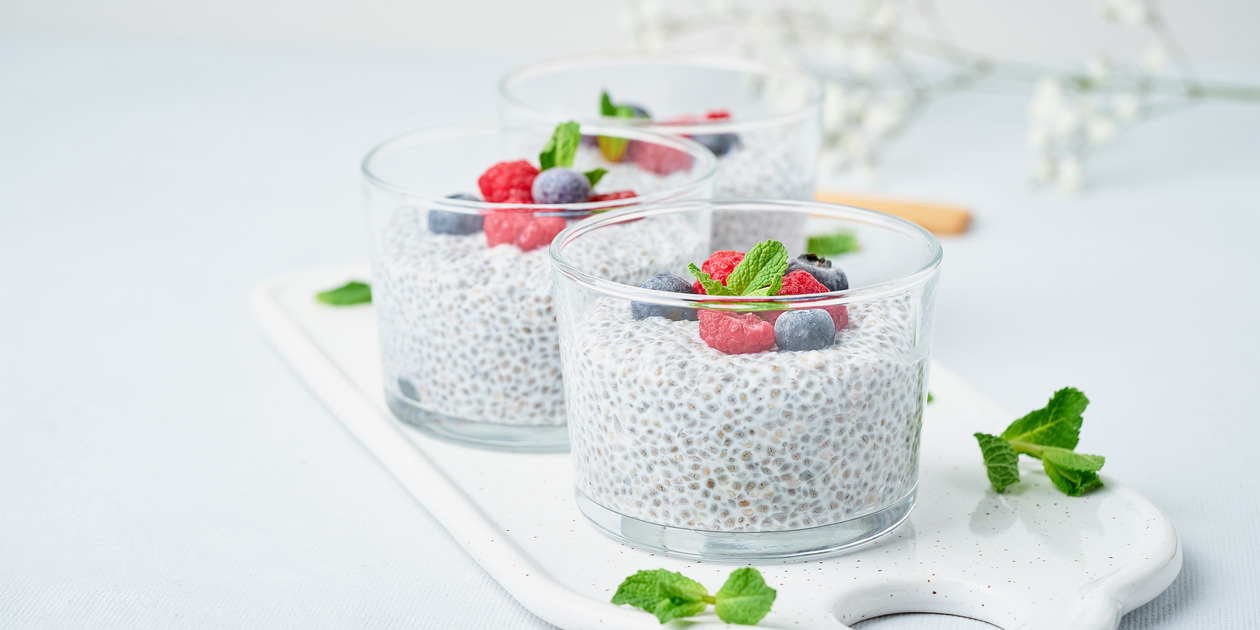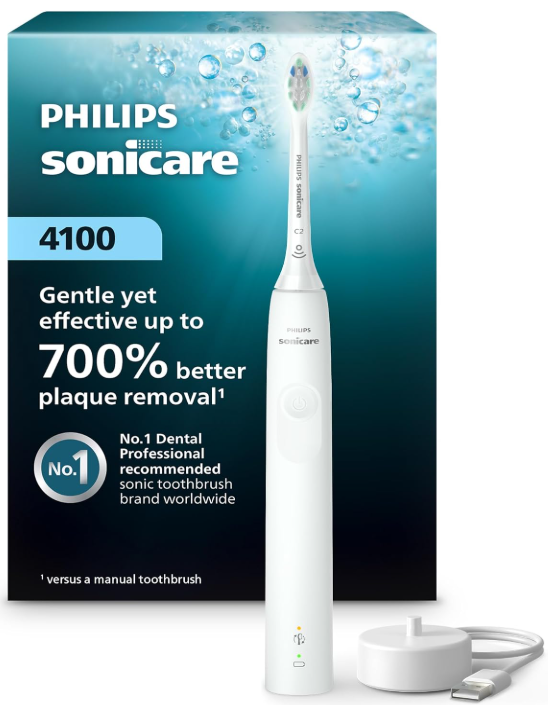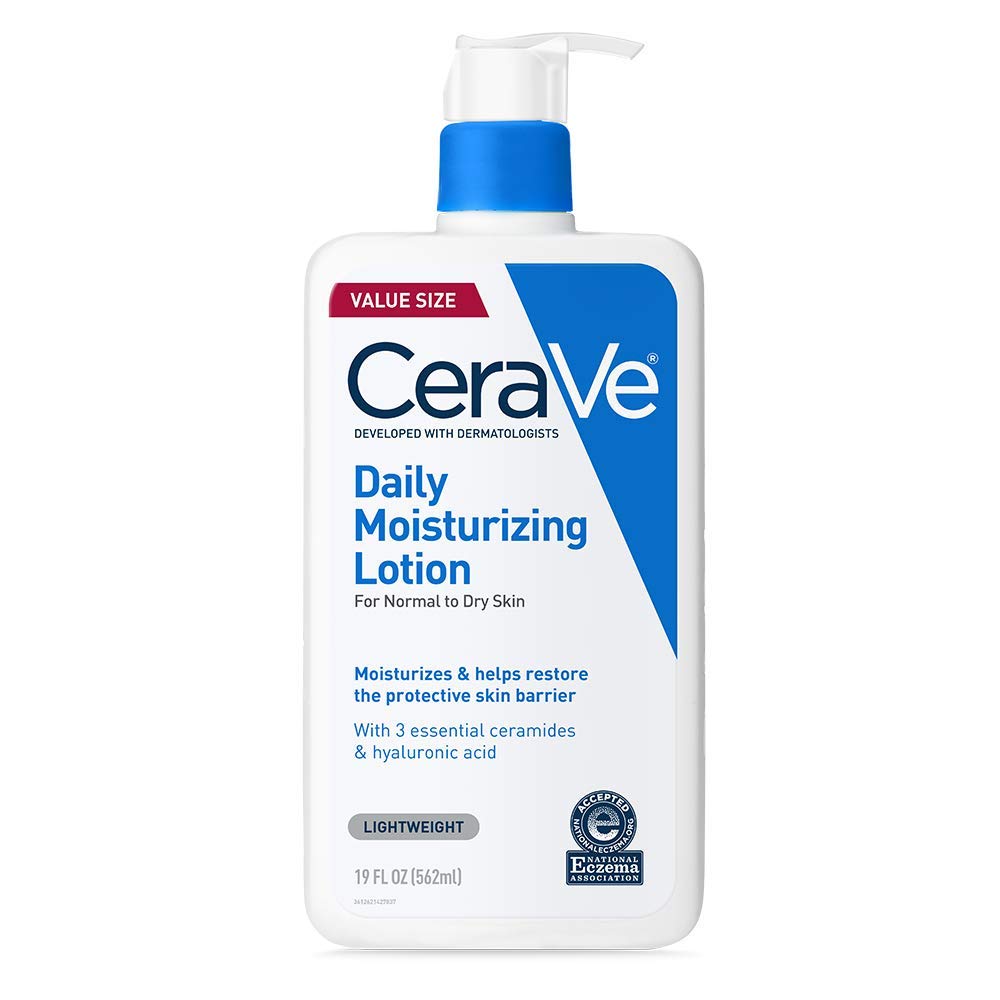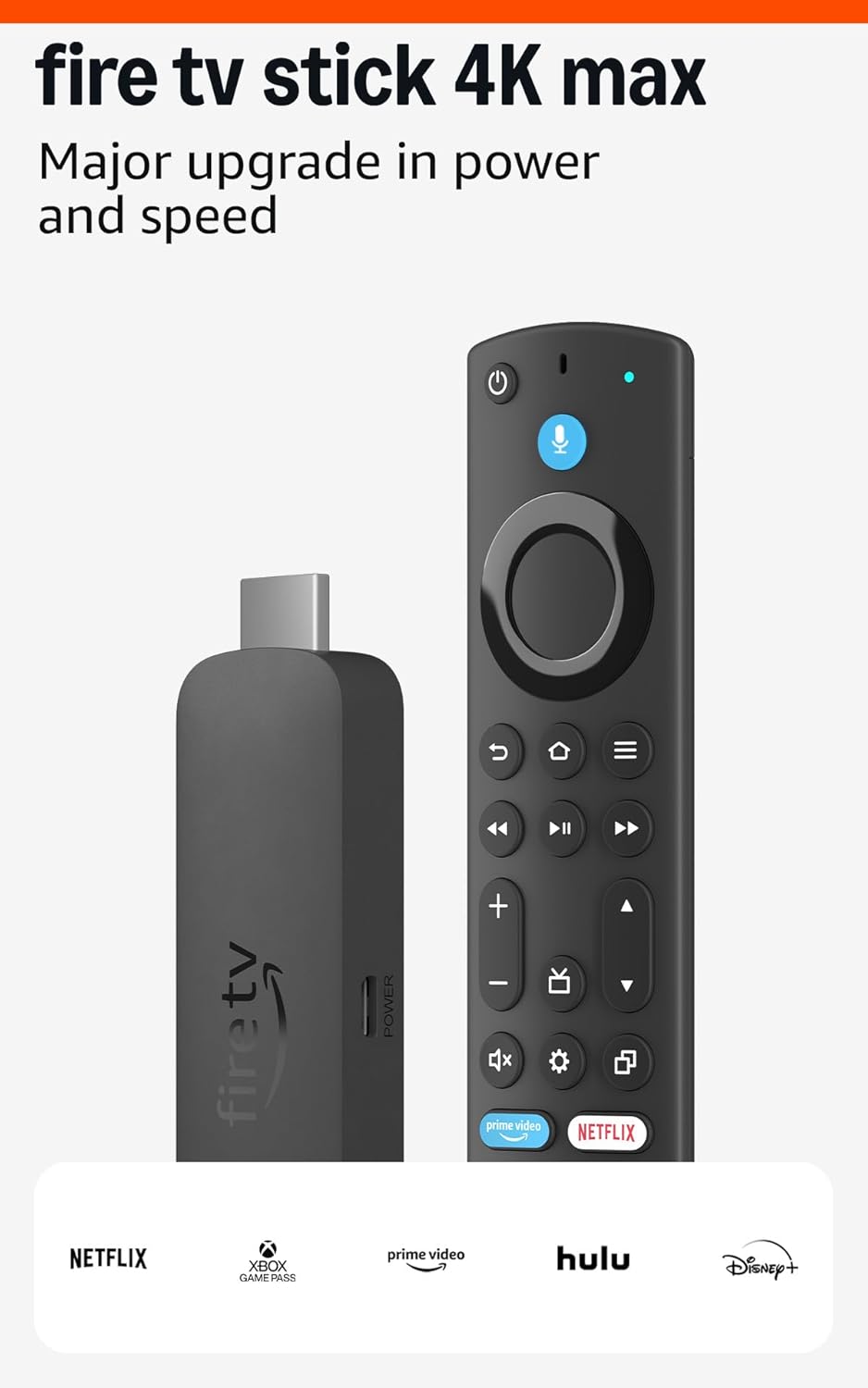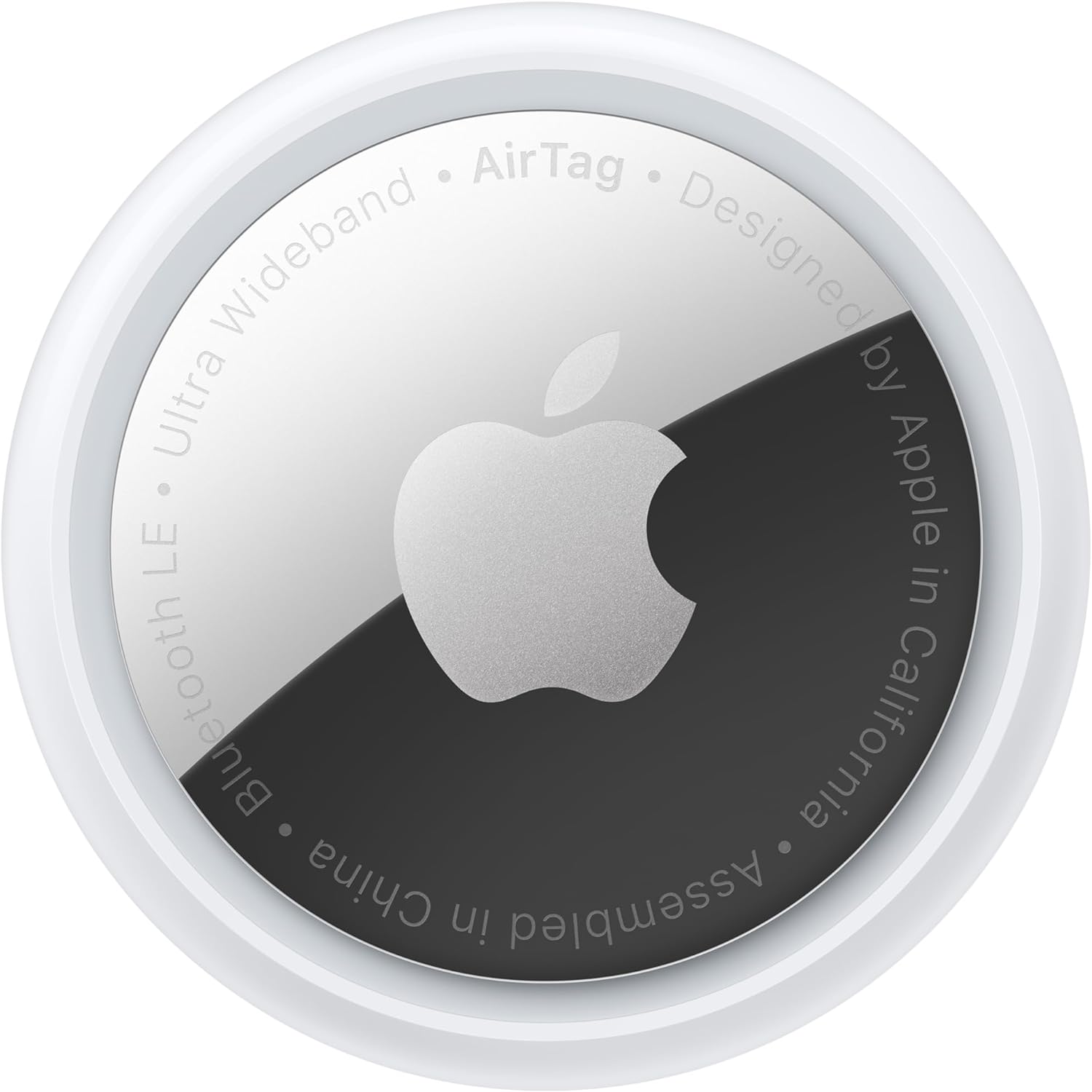If you think fish oil is the only ticket to healthy omega-3 fats, think again! Fish oil may be famous for its heart-and-brain-boosting omega-3s, but it’s not the only game in town. In fact, millions of people take fish oil supplements (about 1 in 5 over age 60), health.harvard.edu—yet you can get those same essential fats on a plant-based diet, no fish (or fishy aftertaste) required. Omega-3 fatty acids are essential for your body – they build cell membranes, support brain and eye health, aid fetal development, and protect your heart. Traditionally, fish oil provides two key omega-3s: EPA and DHA. But great news: several vegan omega-3 sources can rival fish oil in potency and benefits. This article will explore these powerhouse foods (and supplements), backed by science, and show you how to work them into your life for vibrant, heart-healthy living.
Understanding Omega-3s (and the Vegan Challenge)
Omega-3 types: There are three main omega-3 fatty acids – ALA, EPA, and DHA. Alpha-linolenic acid (ALA) is found in plant foods (like flax, chia, hemp, and walnuts) and is essential, meaning you must eat it since your body can’t make it. Eicosapentaenoic and docosahexaenoic acids (EPA and DHA) are the long-chain omega-3s famously found in fish and fish oil. Your body can convert some ALA into EPA and DHA, but only at an efficiency of around 5–8% dieteticallyspeaking.com. In other words, for every 100 milligrams of ALA you eat, maybe 5–8 mg become EPA/DHA. This conversion isn’t very efficient, so many nutrition experts suggest getting EPA/DHA directly when possible.
So, how can vegans get EPA and DHA without fish? It turns out fish are essentially “middlemen” – they get omega-3s by eating algae. Vegans can cut out the middleman by going straight to the source! Seaweed and microalgae are the only plant-based foods that naturally contain EPA/DHA. Additionally, thanks to innovative supplements derived from algae, you can get pure EPA/DHA in a vegan capsule. And don’t forget ALA-rich seeds and nuts: even though ALA isn’t fully converted, it’s still hugely beneficial. In fact, vegetarians and vegans who eat plenty of ALA-rich foods (and thus little or no fish) have lower rates of heart disease than omnivores. Studies have linked high ALA intake with lower risk of cardiovascular events and even overall mortality. The key is knowing which plant sources pack the biggest omega-3 punch.
Below, we break down the top vegan omega-3 sources that can truly rival fish oil in omega-3 content and health benefits. We’ll cover an algae-based option that delivers EPA/DHA directly, plus superstar seeds and nuts brimming with ALA. Each is backed by scientific evidence, so you can confidently nourish your body – no fish needed!
1. Algal Oil – Nature’s Vegan Fish Oil Alternative
When it comes to matching fish oil ounce for ounce, algal oil (omega-3 oil from microalgae) is king. Algal oil is essentially fish oil without the fish – it contains preformed DHA and EPA, the same omega-3s found in fish. In fact, fish get their omega-3s by consuming algae, so algae is the original source of these fatty acids. High-quality algal oil supplements typically provide 200–400 mg of DHA (often plus EPA) per capsule, comparable to a standard fish oil pill. Research shows that algal DHA is just as effective as fish-based DHA in raising omega-3 levels in our blood. One study even found that taking 600 mg of DHA from algal oil raised DHA levels more than an equal amount of DHA from salmon, did dieteticspeaking.com. In other words, algae-sourced omega-3s can pack a serious punch!
Not only is algal oil effective, it’s also clean and sustainable. Unlike some fish oils, algae are grown in controlled environments, so the oil is free of ocean contaminants like mercury or PCBs. This means you get pure omega-3s without the worry of pollutants. Scientists have concluded that algal-oil supplements are a “sufficient and viable source of DHA for both fish and non-fish eaters alike”, with comparable bioavailability to fish oil. In practical terms, if you’re vegan (or simply don’t like fish), a daily algae-based omega-3 supplement can directly rival fish oil for boosting DHA/EPA status.
Pro Tip: When choosing an algal oil supplement, check the label for DHA and EPA content – some algal oils are DHA-only. Aim for at least 200-300 mg DHA (and ideally some EPA) per day for general health, or as recommended by your health professional. Many experts advise that pregnant or breastfeeding women take at least 300 mg DHA daily, which can easily be met with algae-based capsules.
2. Flaxseeds – The ALA Powerhouse
Tiny flaxseeds are legendary in the plant-based nutrition world – and for good reason. They’re one of the richest sources of ALA omega-3 fatty acids in any food. Just 1 tablespoon of ground flaxseed provides about 1.8 grams of omega-3s (ALA) ars.usda.gov! To put that in perspective, that’s more than the total omega-3 in a standard fish oil capsule. Flaxseeds are truly an omega-3 powerhouse: they’re ~50% fat by weight, and most of that fat is the heart-healthy ALA. This gives flax its renowned health benefits – particularly for the heart. Research suggests that people who eat diets rich in ALA (like those including flaxseed) have a lower risk of fatal heart attacks. In large cohort studies, higher ALA intake has been associated with reduced risk of cardiovascular disease and mortality, highlighting flax’s potential to rival fish oil in heart-health impact.
Beyond omega-3s, flaxseeds bring bonus benefits: they’re packed with fiber and lignans (antioxidant compounds that may have anti-cancer properties). But to get the most from flax, make sure to grind the seeds (or use milled flax). Whole flaxseeds often pass through your digestive tract undigested, meaning you’d miss out on those omega-3s. Ground flaxseed, on the other hand, is easily absorbed. Pro Tip: Sprinkle ground flax into oatmeal, smoothies, or yogurt, or use it in baking (it can even act as an egg replacer). Just 1–2 tablespoons of ground flax a day is a great goal that can help meet your omega-3 needs – your heart will thank you!
3. Chia Seeds – Small Seeds with Big Omega-3 Benefits
Chia seeds may be tiny, but they’re bursting with nutrition – including generous doses of omega-3. In fact, chia seeds are the richest plant source of omega-3s by weight, even higher than flax. About 60% of the oil in chia is ALA, the plant-based omega-3. A standard one-ounce (28 g) serving of chia (~2.5 tablespoons) delivers around 5,000 mg of ALA, healthline.com! Even a single tablespoon of chia (about 10 g) provides 1.3 g of ALA, which meets 100% of the daily omega-3 requirement for adult women and ~83% for men. In other words, a little chia goes a long way toward covering your omega-3 needs.
What’s more, chia seeds are incredibly easy to incorporate – and unlike flax, you don’t need to grind them. Chia’s delicate seeds can be eaten whole; when mixed with liquid, they form a gel, which actually aids digestion and nutrient absorption. (So feel free to toss them into drinks or oatmeal – they’ll still release their omega-3 goodness.) Chia’s nutritional résumé doesn’t stop at omega-3s: they’re also a complete protein with all essential amino acids, and packed with fiber, calcium, and magnesium. Research shows that diets rich in omega-3 foods like chia support heart health by improving cholesterol and lowering blood pressure nutritionsource.hsph.harvard.edu. While chia seeds alone aren’t a magic bullet, they’re a powerful addition to an overall healthy diet.
Pro Tip: Stir 1–2 tablespoons of chia seeds into a cup of almond milk or yogurt and let it sit – you’ll get a delicious pudding and an omega-3 boost in one. You can also sprinkle chia on cereal, blend it into smoothies, or even use it as an egg substitute in recipes (mix with water to gel). These small seeds are proof that big things come in small packages – especially when it comes to omega-3s.
4. Hemp Seeds – Balanced Omegas and Bonus Nutrients
Hemp seeds (from the hemp plant, Cannabis sativa, but without any THC) are another fantastic vegan omega-3 source. They have a nutty flavor and a stellar fatty acid profile. Three tablespoons of hemp seeds (about 30 g) contain roughly 2.6 grams of ALA – comfortably exceeding the daily omega-3 requirement (1.1–1.6 g) for adults. Hemp seeds are about 30% fat by weight and boast an optimal balance of omega fatty acids. The ratio of omega-6 to omega-3 in hemp is around 3:1, which is considered ideal for human health (many Western diets are too high in omega-6, so a 3:1 balance can help reduce inflammation). Hemp also uniquely contains GLA (gamma-linolenic acid), a beneficial omega-6 fat that has anti-inflammatory properties.
Like our other seeds, hemp seeds’ ALA contributes to heart health. Studies have shown hemp’s polyunsaturated fats can improve cardiovascular markers and may help lower blood pressure pmc.ncbi.nlm.nih.gov. Plus, hemp seeds are nutritional overachievers: a 3-tablespoon serving packs 10 g of protein and hefty amounts of magnesium, iron, and zinc medicalnewstoday.com. They’re also easy to use – no grinding needed. Sprinkle hulled hemp seeds on salads, oatmeal, or blend into smoothies for a creamy texture. Their mild, nutty taste works with sweet or savory foods.
Pro Tip: Try making a hemp seed pesto (blending hemp seeds with basil, garlic, and olive oil) or simply add a spoonful of hemp seeds to your morning cereal. In addition to omega-3s, you’ll get a protein and mineral boost. With their excellent omega-6:3 ratio and rich ALA content, hemp seeds are a superb way to round out your omega-3 intake and “rival” fish oil in a natural, whole-food form.
5. Walnuts – Omega-3-Rich Brainy Nuts
There’s a reason walnuts are often called “brain food” – not just because they look like little brains, but because they’re packed with nutrients, including omega-3s that support brain and heart health. Walnuts are the only nut that is an excellent source of omega-3 ALA, providing about 2.5 grams of ALA per one-ounce (28 g) serving (that’s roughly a handful of 14 walnut halves). According to the USDA, walnuts’ ALA content is higher than that of any other nut, making them a standout for omega-3 intake. This load of plant-based omega-3s has real benefits: research has linked regular walnut consumption to improved heart health, including better cholesterol profiles and lower inflammation. In large studies, people who consume more ALA (often through walnuts and flax) have significantly lower risks of heart disease and even lower all-cause mortality nutritionsource.hsph.harvard.edu. In fact, one long-term study found that women who ate the most ALA had a 40% lower risk of sudden cardiac death – a testament to how powerful plant omega-3s can be.
Walnuts don’t just potentially protect your heart; they may also nourish your brain. Preliminary research suggests the omega-3, polyphenols, and vitamin E in walnuts could help reduce cognitive decline and improve memory in older adults (scientists are actively studying walnuts for brain health). What we do know is that ALA “has been researched to support brain health, heart health and more”californiawalnuts.co.uk, so getting it from whole foods like walnuts is a smart move. Walnuts are also rich in antioxidants and a variety of vitamins and minerals, making them a true super-nut.
Pro Tip: Enjoy a handful of walnuts daily as a snack, or add chopped walnuts to oatmeal, salads, and baked goods. You can even blend walnuts into smoothies or sauces for creaminess. Just 1 ounce of walnuts gives you a hearty dose of omega-3s along with protein and fiber – a delicious way to keep your heart and brain going strong.
6. Seaweed and Other Plant Sources: The “Omega-3 Bonus”
No discussion of vegan omega-3 sources would be complete without seaweed and microalgae foods. As mentioned, certain edible seaweeds (like nori, dulse, wakame) contain small amounts of EPA (and very rarely DHA). However, it’s important to keep expectations realistic – you’d have to eat an impractically large amount of seaweed to match the omega-3 in fish. For example, one analysis found that 5 grams of a high-EPA seaweed (about a typical serving) had only ~0.04 g of EPA, whereas a serving of salmon contains ~0.59 g of EPA. That’s about 15 times less omega-3 in the seaweed serving. So, while sea vegetables can contribute a bit of omega-3 (and are nutritious in other ways), think of them as an omega-3 bonus rather than a primary source.
If you enjoy seaweed, by all means include it – it adds variety and trace omega-3s, plus minerals like iodine. Just be mindful not to overdo it daily, because some seaweeds are very high in iodine. For a direct vegan replacement for fish oil, the microalgae-based supplements (algal oil) discussed above are a far more concentrated source of EPA/DHA. And for ALA, aside from the all-stars (flax, chia, hemp, walnuts), many other plant foods offer small contributions. Soybeans, for instance, provide ALA (one cup of cooked soybeans has around 1.0 g ALA), as do pumpkin seeds, canola oil, edamame, and leafy greens like spinach health.harvard.edu. While these may not rival fish oil on their own, every bit adds up in a varied plant-based diet.
Balanced Overview: By incorporating a mix of the above sources, vegans and vegetarians can absolutely achieve robust omega-3 intake. Ground flax or chia at breakfast, a walnut snack, hemp seed in a salad, and perhaps an algae-based supplement – together, these ensure you’re covered with ALA, and even EPA/DHA, comparable to someone taking fish oil. Remember, people following plant-focused diets who emphasize ALA-rich foods have been observed to have excellent heart health outcomes. Omega-3 fatty acids are essential, but you don’t need fish to get the benefits. With the right plant-based strategy, you can nourish your heart, brain, and body with omega-3s in a way that’s compassionate, sustainable, and incredibly healthy.
Conclusion: Embracing these vegan omega-3 sources is not only possible – it’s powerful! Whether you’re blending chia into a smoothie, sprinkling flax on your cereal, crunching on walnuts, or taking algae oil, you’re fueling your body with the fats it craves for optimal function. Consistency is key: make these foods a regular part of your routine. Over time, you’ll be reaping the same benefits that fish oil touts – from supporting cardiovascular wellness to keeping your mind sharp – all while sticking to plant-based, whole-food nutrition. The science is on your side. So go ahead and enjoy these omega-3-rich plant foods with confidence. Your heart, brain, and taste buds will all be better for it, and you can feel great knowing you’ve found fish-free sources of omega-3 that truly rival fish oil in every way!


